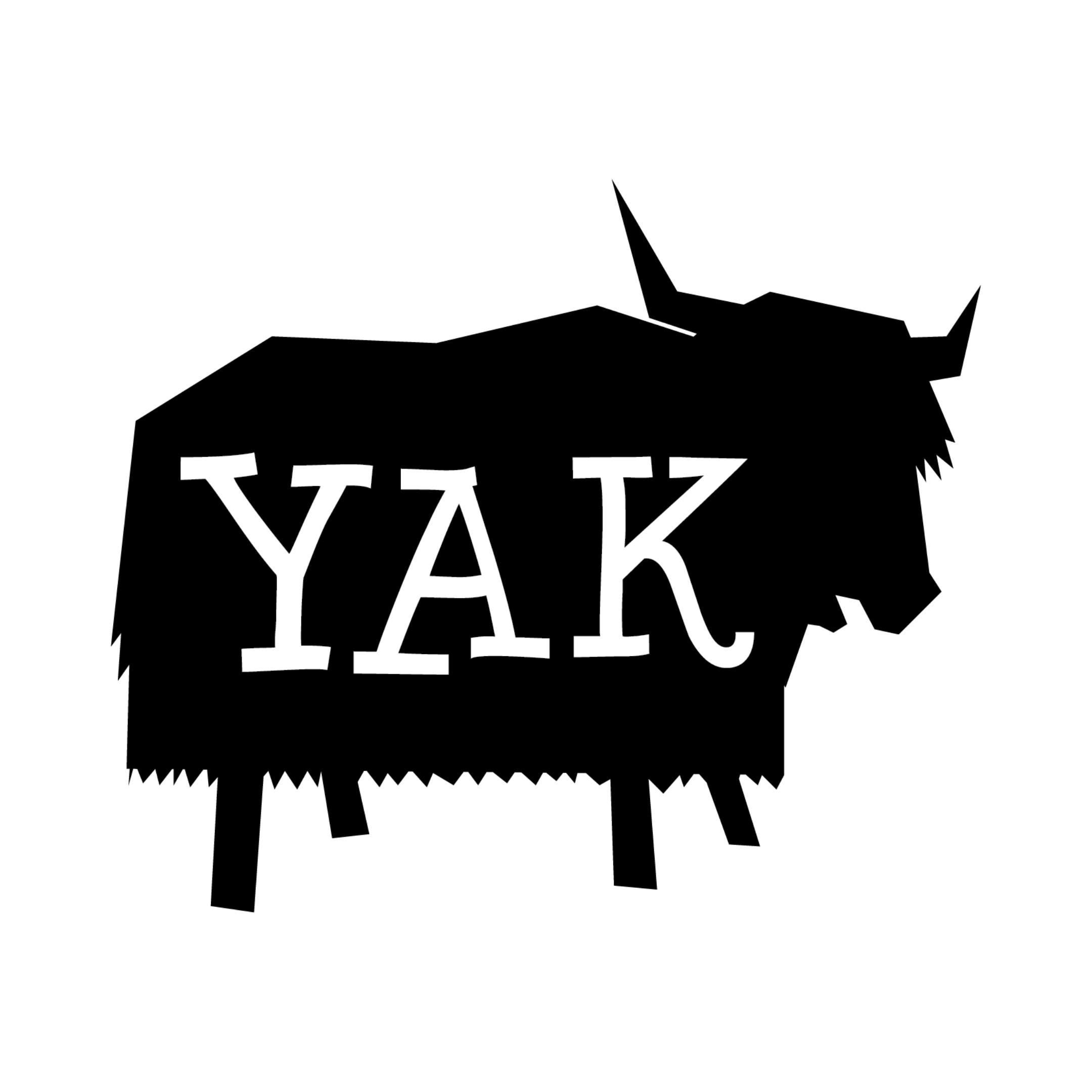Hit the Nail on the Head: Idioms from Different Languages

Before you go barking up the wrong tree, let Camilla Lian educate you with these sayings (that are frankly two stubbies short of a six pack).
Some say that you don’t really know someone’s language properly until you know how to use their idioms.
Most of us may not even realise that we use idioms when we speak. That’s until we try to learn another language or teach our mother tongue to someone else, realising that some of the things we say make next to no sense in another language.
In case you are confused, an ‘idiom’ is an expression or a phrase that indirectly describes something different to its literal meaning. For example, my all-time favourite English idiom is: When shit hits the fan. Never has anything been explained so accurately and in such a delightfully graphic way.
Idioms can be fun and may often say something about the culture where the language is spoken. Most people seem to be fond of their language’s idioms, probably because of their uniqueness and closeness to home.
For your enjoyment, a few people from different nationalities have provided me with a couple of their favourite or commonly used idioms that they often hear or use at home. If you know any more fun or useful ones in your language(s), I’m sure people would love to see them in the comment section.
Enjoy!
Norwegian
“Er du helt på bærtur?” – Are you completely on a berry trip?
This is often asked if someone is saying or doing something weird or crazy. It is analogous to “Are you batshit insane?” – Another one of my favourite English idioms.
“Ikke vær så høy på pæra” – Don’t be so high on the pear
This is generally said to someone with the intention of bringing them down to earth. If someone thinks very highly of themselves, and is showing that to people around them, they may potentially hear this comment from a Norwegian.
Spanish
“No tengo un pavo” – I don’t have a turkey
If you don’t have a turkey in Spain, you are essentially too poor to function. It just means that you are penniless.
“Hoy va a ser la leche!” – Today is going to be the milk!
They must like milk in Spain, because this phrase is very commonly used to say that this day is going to be amazing.
Persian
“Bā namak” – Salty/With salt
Most English people use “salty” jokingly as an expression for someone who is bitter, angry or upset at something. However, if someone is salty or with salt in Iran, it means they are fun, interesting and/or charming even.
“Moosh bokhoradet” – A mouse should eat you
“You are so cute, a mouse should eat you!” You know the grandma-provided cheek-pinching hugs? I know my grandma would have added this sentence if she was Persian.
Remember, just as you can belittle someone by calling them cute in just about any language, you can belittle someone by using this Persian expression – so be careful.
German
“Diese Party ist tote Hose” – This party is dead trousers
In danger of stereotyping hard, I’d say this one is probably almost blasphemy in Germany. It is equivalent to saying the party is dead boring.
“Das ist mir Wurst” – That’s sausage to me
Although Germany probably provides some of the best sausages in the world, this phrase suggests sausages are, ummm.. crap? The expression resembles “I don’t give a damn.”
Tagalog/Filipino
“Makati ang paa” – Itchy feet
Wanderlust, you say? Try ‘itchy feet’ in the Philippines. This expression is commonly used to describe someone who enjoys going places.
“Daga sa dibdib” – Mouse in the chest
You know when something just feels wrong, and then you start worrying, or you fear something that’s about to happen? – You might just have a mouse in the chest.
Dutch
“Je hebt nog geen nagel om op je kont te krabben” – You don’t even have a nail to scratch your bum
This is another expression to describe being penniless. Let’s face it, most of us have been there.
“Nooit een gegeven paard in de bek kijken” – Never look into the mouth of a horse that was given to you
In the Netherlands, if you receive a horse for free, you should not check if it has rotten teeth. This is a common phrase to advise people against being ungrateful for what you are given.
Polish
Nie mój cyrk, nie moje małpy – Not my circus, not my monkeys
No one likes a non-literal circus, clearly not in Poland either. This is an expression often used to say that something is not your problem.
Myśleć o niebieskich migdałach – To be thinking of blue almonds
Do not think about blue almonds in the traffic, please. Far too many people walk around daydreaming.
Korean
불금 (‘bul geum’) – Fire Friday
This is the Korean version of TGIF (“Thank God it’s Friday!”), because everyone loves Fridays!
엄친아 (‘eom-chin-ah’) – Mother’s friend’s son
This is an expression used to explain a handsome and capable man, ‘a model son’ in other words.
Fun fact from the Norwegian: We actually have a similar expression in Norway, which translates to “Mother-in-law’s dream” (“Svigermors drøm”). Oh lawd, that sounds gross in English!
Thanks to Alisea, Marveh, Larissa, Isabelle and Sophie for providing idioms. I highly recommend you legends out there to ask your International friends for more – I had a lot of fun!
Feature Image: Slava Bowman via Unsplash, no changes made.


